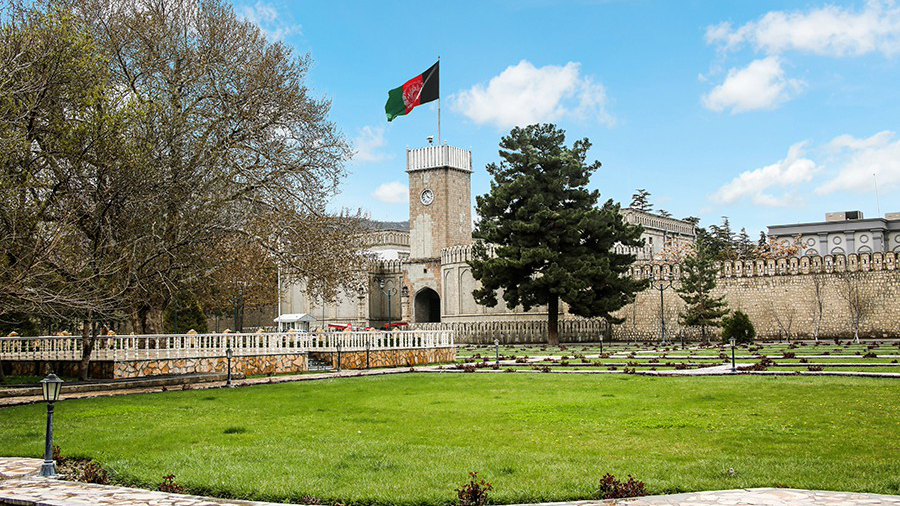Former ministers, military leaders, parliamentarians, and civil society figures from Afghanistan have written a letter to the United States Congress, appealing for action against the Taliban and support for targeted sanctions.
The letter, signed by at least 28 prominent Afghanistan figures such as Shah Mahmood Miakhel, former Minister of Defense, Ahmad Zia Saraj, former Director of Intelligence and MP Fawzia Koofi, expresses strong opposition to President Biden’s recent characterization of the Taliban’s relationship with Al-Qaeda as “baseless and irresponsible.”
The signatories argue that the presence of Ayman Al-Zawahiri, the leader of Al-Qaeda, in Afghanistan, and his subsequent demise through a US drone strike near the former US embassy, serve as evidence of the Taliban’s ongoing support and close ties to the terrorist organization. They call for the true extent of Taliban inhumanity to be revealed and emphasize the need for rigorous measures to combat the group, particularly in the form of targeted sanctions.
The letter highlights the two decades of cooperation between Afghanistan, the US, and NATO to establish democratic institutions and eradicate Taliban oppression. It praises the efforts made in education, democracy, and security, which resulted in improved living standards and relative safety from terrorism. However, the signatories express deep concern that poorly implemented policies and interference from certain international stakeholders have reversed the progress made, leading to violence, human rights abuses, and the exploitation of Afghanistan’s natural resources.
The signatories point out three primary disasters resulting from the fall of Afghanistan to the Taliban. Firstly, they emphasize the return of transnational terrorism, with Al-Qaeda leaders finding sanctuary within the country. Secondly, they highlight gross human rights abuses, particularly against women, members of the former republic, and allies of the American military. Lastly, they raise concerns about the exploitation and looting of Afghanistan’s natural resources, with the Taliban selling them to state-owned and private enterprises of neighboring countries and potential adversaries of the US.
The former Afghanistan authorities call upon the US Congress to support the Taliban Sanctions bill introduced by Senator Jim Risch, which proposes a series of sanctions against the Taliban. They ask Congress to impede illegal extraction activities and limit material support to terrorist groups. The letter urges the US to maintain avenues for humanitarian support to avoid harming innocent Afghans and hindering the work of American and international NGOs.
In conclusion, the signatories stress that the Afghanistan people refuse to accept the Taliban as legitimate rulers and call on the US to support their efforts to restore a lawful and law-abiding government. They emphasize the need to prevent the resurgence of extremist ideologies through indoctrination and highlight the potential threat such radicalism poses to regional stability and US interests.
The letter concludes with expressions of gratitude for specific entities and individuals within the US government and Congress who have supported the Afghan cause. It reiterates the commitment of the people of Afghanistan to mobilize their efforts and work towards freeing their country from tyranny while urging the international community to pay serious attention to the situation in Afghanistan.





